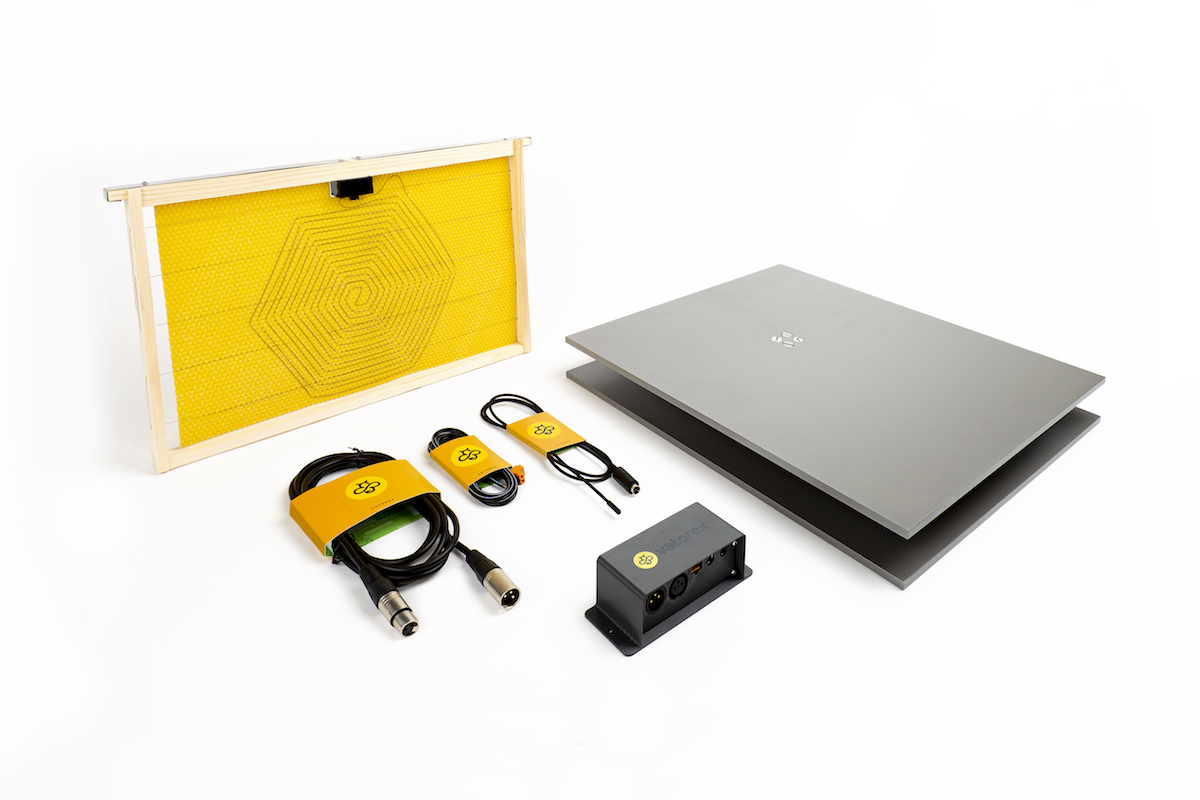Safeguarding bees for a sustainable agriculture
Biodiversity is essential to preserving biospheres and preventing climate change. Bees and other pollinators play a key role in preserving this biodiversity and keeping our natural ecosystem intact. Read about this Swiss start-up providing eco-positive solutions to help bees flourish.
Biodiversity is a central pillar in the prevention of climate change. At the same time, there is immense demographic pressure globally and a need to produce enough food for all. To grow crops – and to preserve flora as a whole – bees and other pollinators are indispensable. Vatorex AG provides innovative solutions that help bee colonies flourish so that they, in turn, can contribute to a more bio-diverse planet.
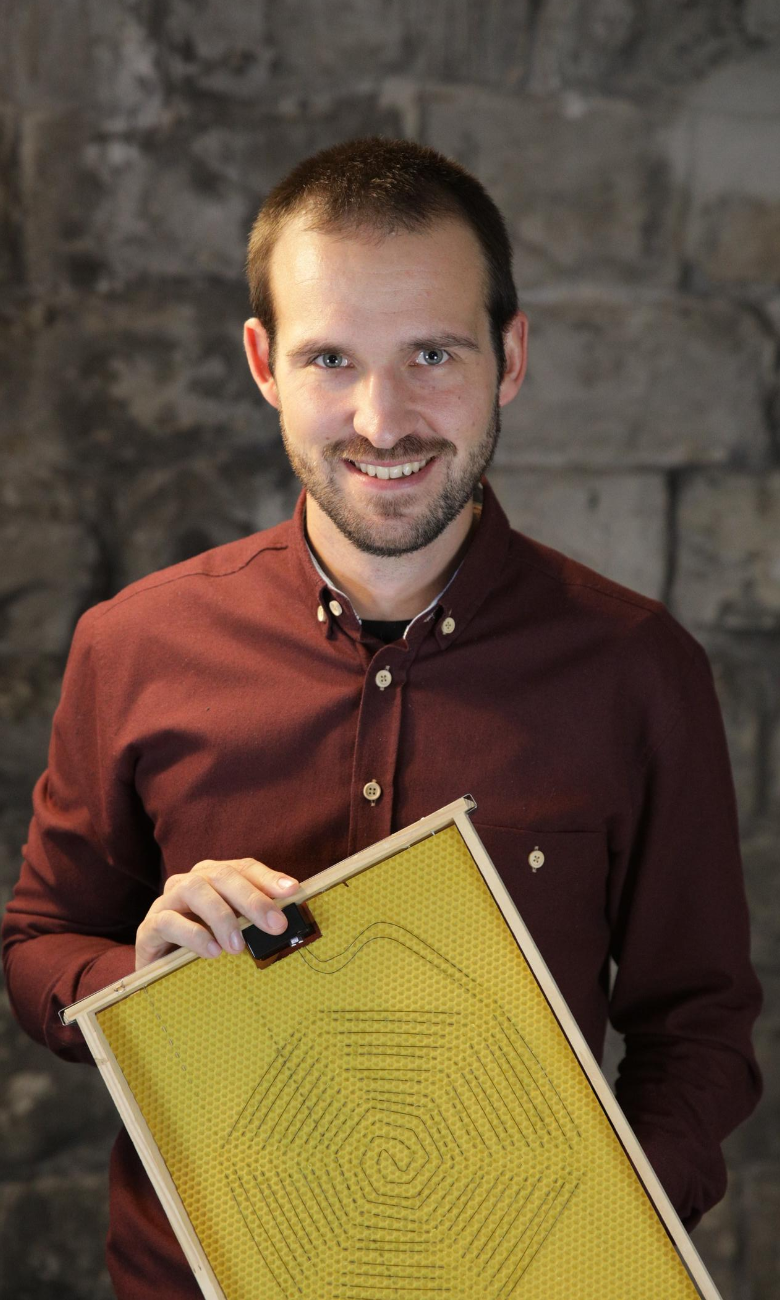
Safeguarding bees means safeguarding biodiversity
Half of the natural habitats and a third of all species in Switzerland are endangered. Meanwhile, we know that pollinators are vital for crop development and the survival of our flora as a whole.
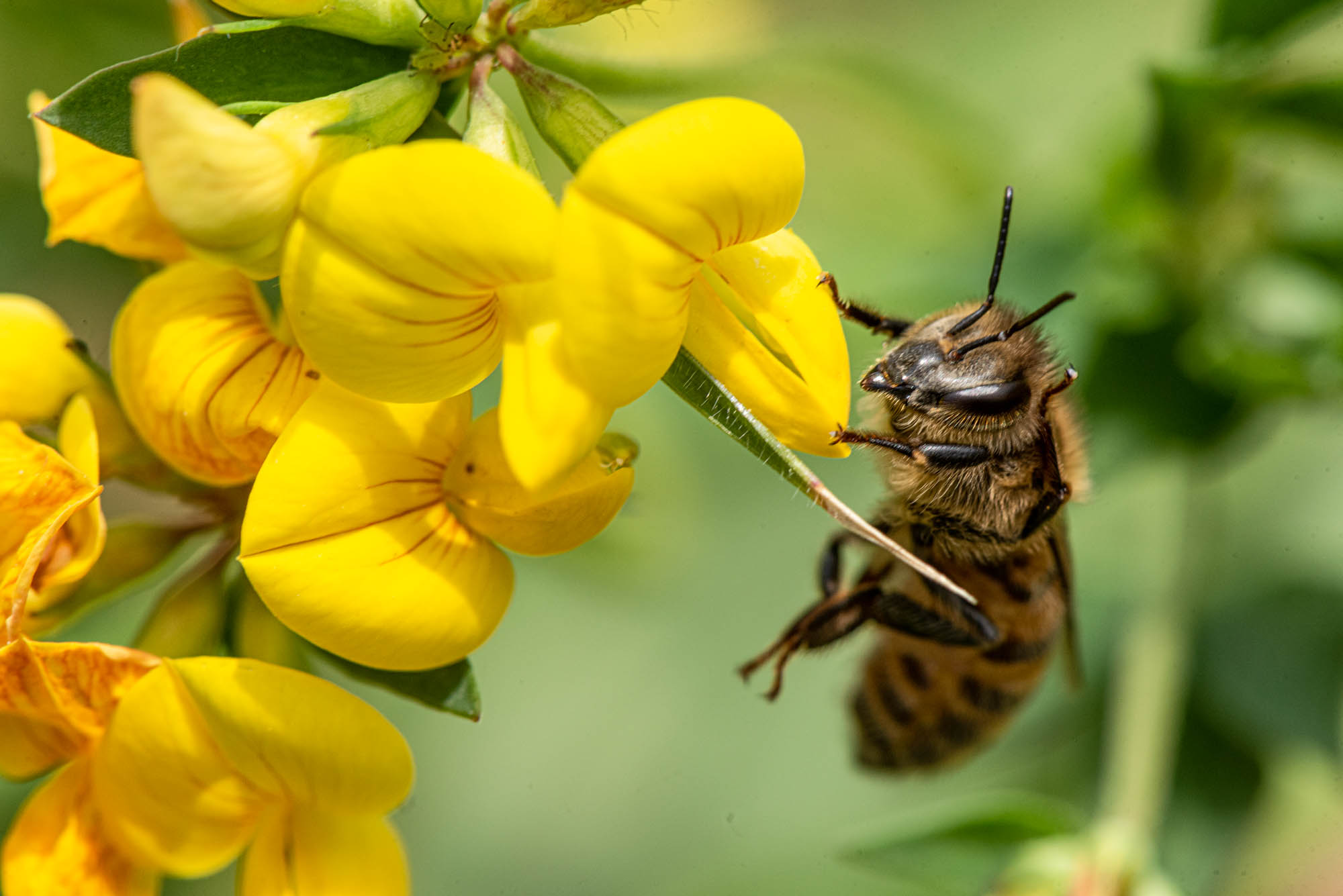
Along with other pollinators, a lively and strong bee population ensures a healthy ecosystem and allows biodiversity to flourish. In fact, a third of our food depends on bees as they are the most important pollinators for plants. They are therefore indispensable for agriculture and the world's food security. Given the key role of bees and the huge positive impact that results from healthy and productive beehives, Swiss start-up Vatorex focuses on developing high-tech innovative solutions for beekeepers to protect their colonies from various threats.
Vatorex has tackled the biggest problem facing beekeepers today worldwide: the varroa mite. This parasite, around 1.6mm long, nests in the hives and latches onto individual honey bees or larvae to feed on their fat body tissue while also transmitting harmful viruses. “We are beekeepers ourselves and are well aware of the problem with varroa mites,” says Vatorex CEO Pascal Brunner. “Chemical treatment of hives, which is often practised, is harmful to bees and is not a sustainable solution. So this was why we started our project. After a year of field tests, it was clear that our method works. After that, we started commercialising the product.”
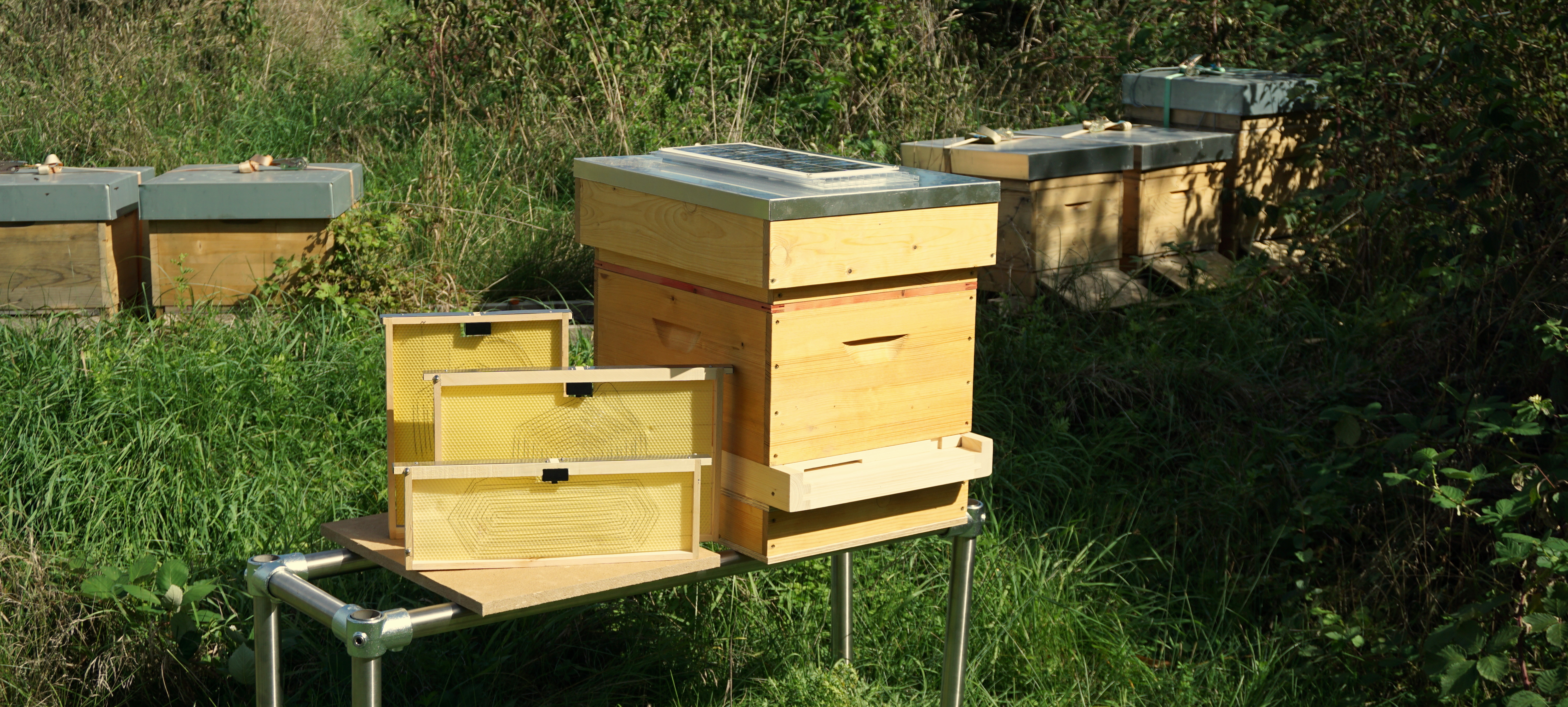
The heat is on
The Vatorex method takes advantage of the fact that bees are more heat-resistant than varroa mites, which die once temperatures rise above 39−42 °C. The Swiss start-up developed a heat treatment (hyperthermia) for beehives, which automatically and repeatedly heats each comb individually to 41 °C with a built-in heating coil, killing the parasite without harming the bees. The beekeepers do not need to be present during the treatment as the system works independently once it has been installed.
Vatorex also offers a mobile app for beekeepers who want to monitor their colonies from a distance. The start-up has a good grasp of what beekeepers need: “If you work in beekeeping, you need to know your stuff,” notes CEO Pascal Brunner. “In our company, we have more than 50 years of beekeeping experience. This has helped us to develop technology that meets the needs of our customers.”
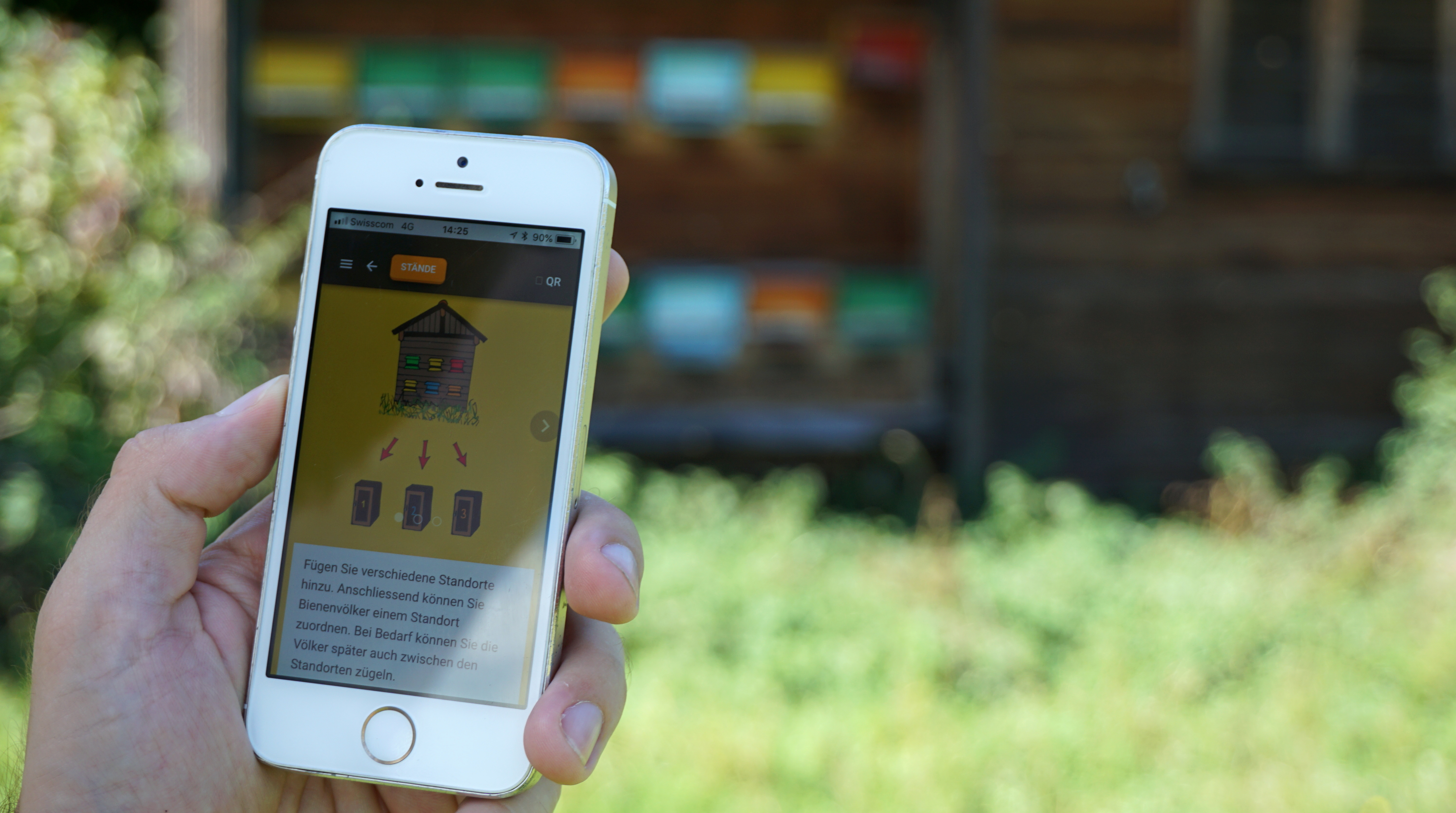
Effective and sustainable
The method developed by Vatorex is innovative as it is both reliable and without side effects and therefore a major breakthrough in varroa mite control. Once a bee hive is infested with varroa mites, the entire hive will die within three years if nothing is done. Chemical treatments have a serious downside: the acids used are harmful or even deadly to the bees and, on top of that, if the chemicals are not applied correctly, they can end up in the honey. Pascal Brunner explains how Vatorex came up with their solution: “COO Willi Brunner used his business trips abroad to search for better solutions against varroa mites. This was how he learned about heat treatment, although it was very time consuming. So it was clear to us from the start that we needed to develop a solar-powered technology that was completely automated.”
The fact that the Vatorex solution is easy to use makes it accessible for both professional and amateur beekeepers. This practical anti-varroa solution is already being used by beekeepers in several European countries, including Germany, France, Austria and Serbia. It contributes to healthy bee colonies, mitigating the impact of the parasitic varroa mite, so that bees can in turn contribute to biodiversity and resilient habitats. For Vatorex, finding more ways to make beekeeping more sustainable and to contribute to healthy bee colonies remains their goal, which is why they keep in touch with beekeepers around the world. “Without our varied specifications and continued communication with our customers, we wouldn’t have been able to develop our portfolio of technologies,” says Pascal Brunner. “We are always eager to learn more and exchange with other beekeepers to further enhance the user experience.”
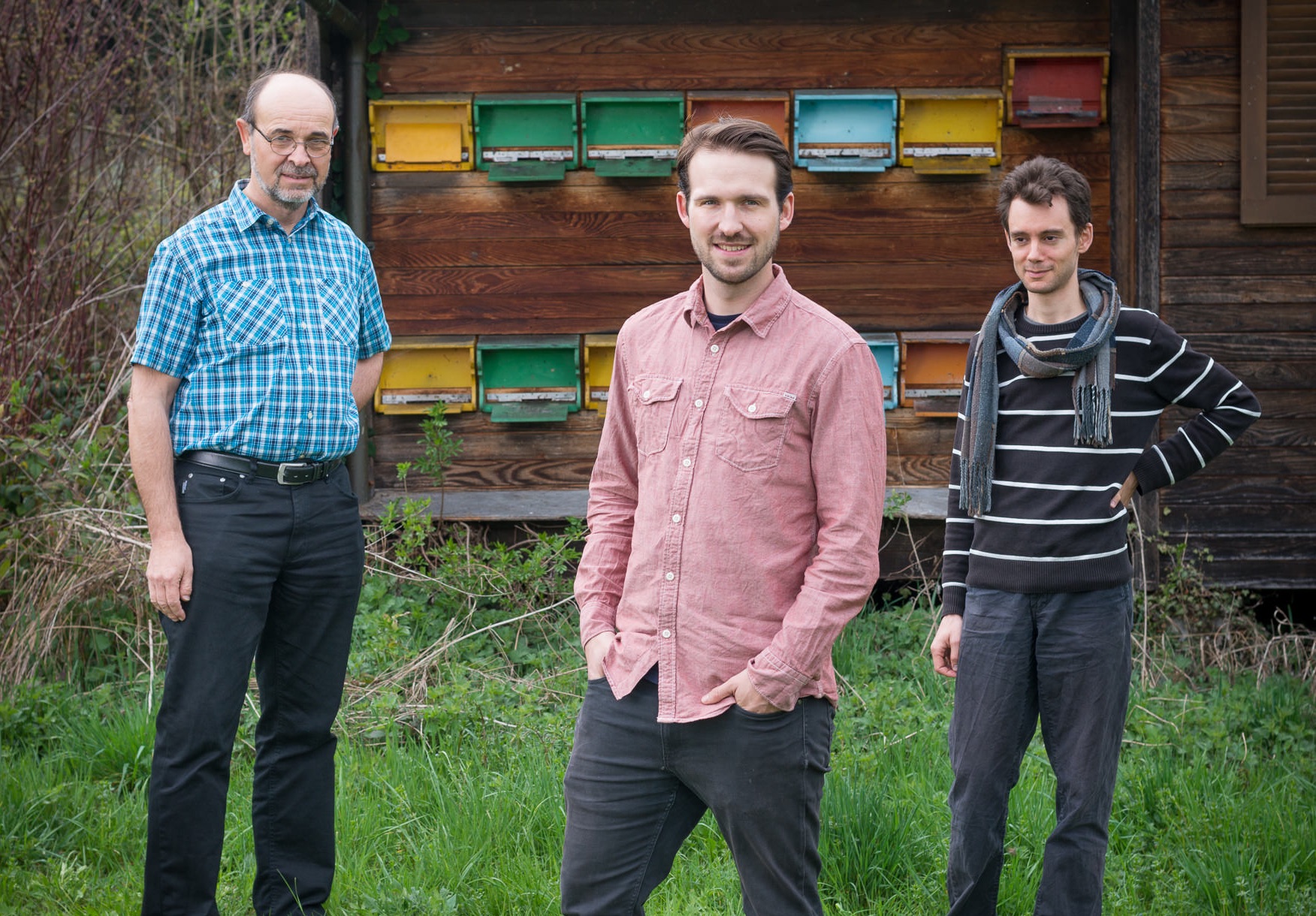
Innovation in Swiss agriculture
Despite Switzerland’s pioneering role and its strong legal framework supporting environmental protection, the situation in terms of biodiversity is less than satisfactory. Swiss entrepreneurs like the Vatorex team go above and beyond existing laws to develop solutions, tools, products and services which allow society to move towards greater sustainability and resilience.
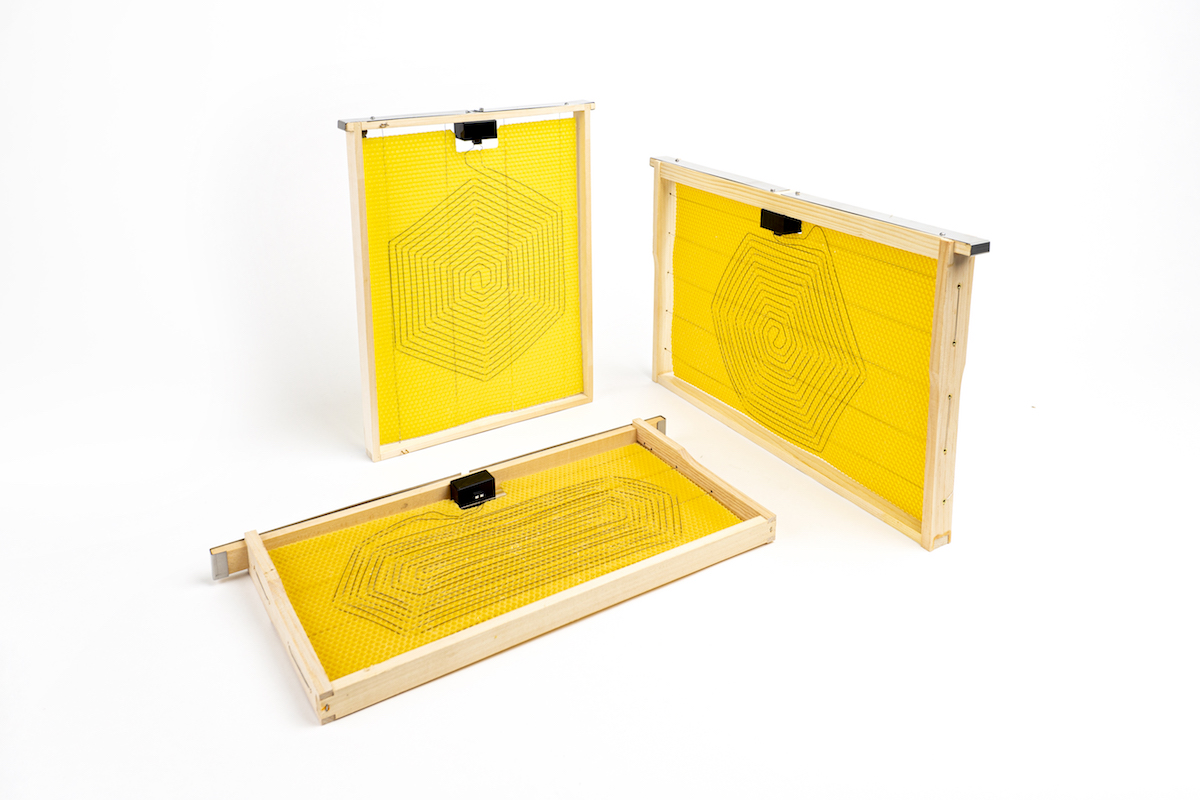
In agriculture, improvements need to bridge the diverging needs of preserving the environment while at the same time ensuring food security and the economic viability of agricultural family businesses. Every part of the agricultural sector is now affected by new technologies, whether in the management of soil or crops, the protection of plants and water, cattle management, mechanisation or irrigation.
